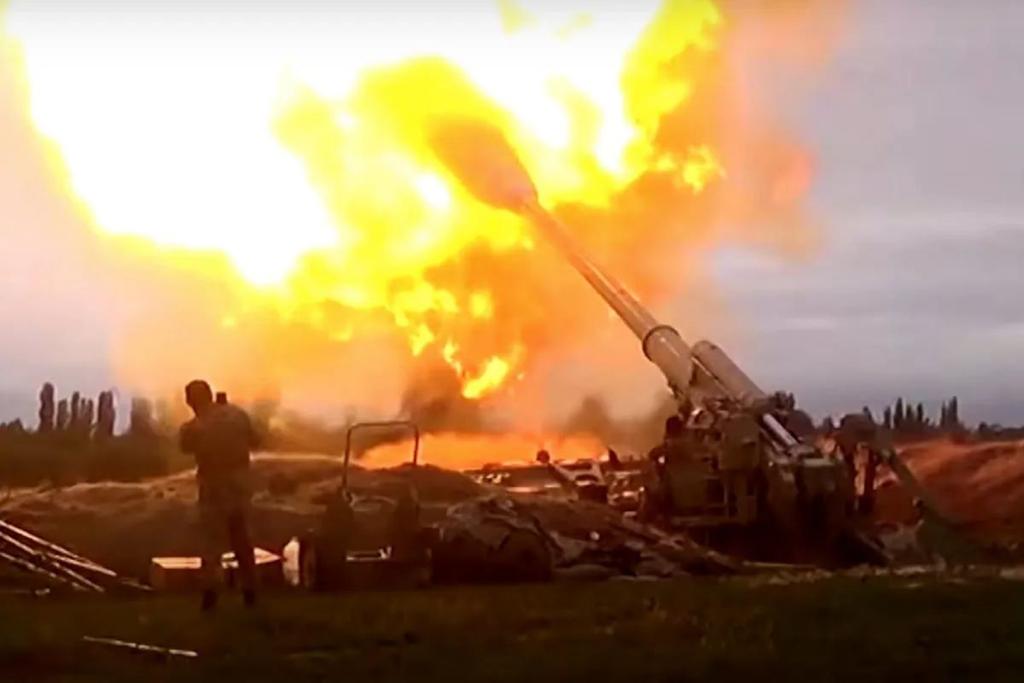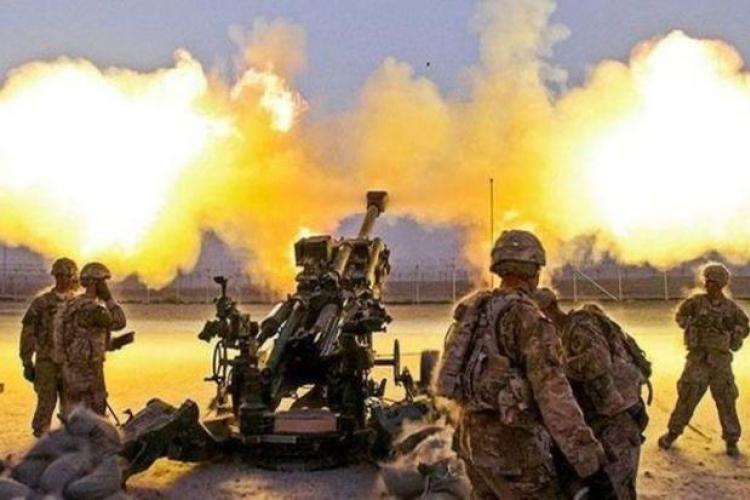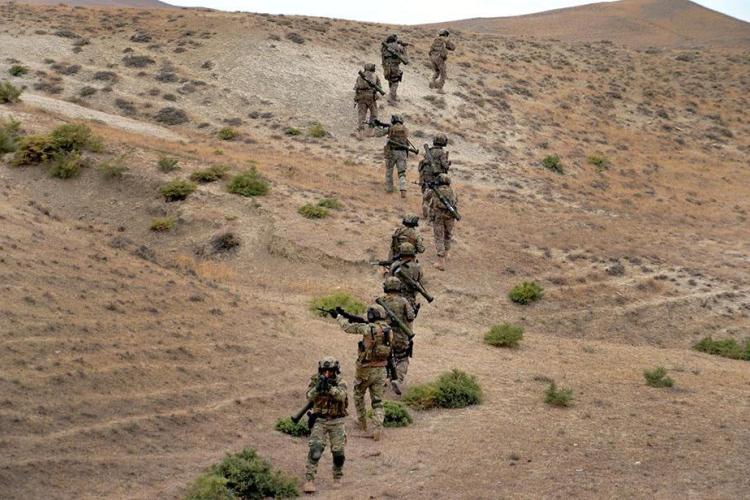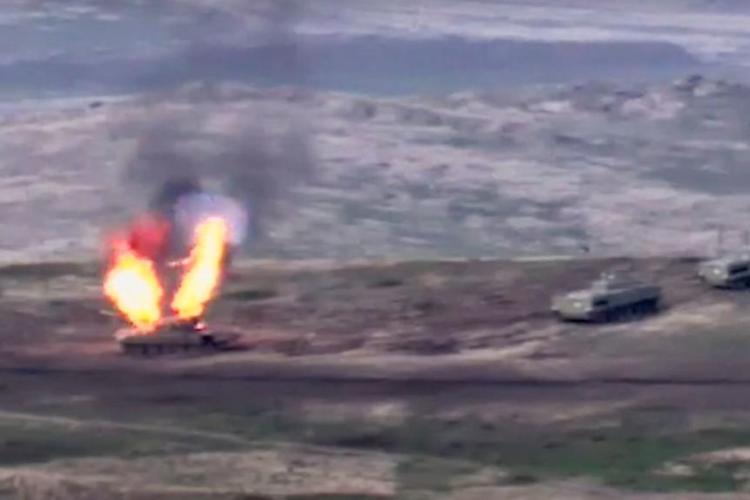Armenia and Azerbaijan have been in conflict since the early 1990s over Azerbaijan's Karabakh region. Armenia then used military force to occupy and ethnically cleanse a fifth of Azerbaijan's territories. The occupation lasted for almost 30 years, until the fall of 2020, when Azerbaijan successfully liberated a large part of its territories.
During the night of September 12-13, the situation at the Armenian-Azerbaijani state border worsened significantly. According to the official information of the Ministry of Foreign Affairs of Azerbaijan, on September 12, units of the Armenian armed forces carried out large-scale provocations along the Azerbaijani-Armenian state border. The sabotage groups of the armed forces of Armenia mined the sections between the positions of the Azerbaijani military units and the supply roads. In addition, Armenian armed forces carried out heavy shelling of Azerbaijani army positions, resulting in casualties among military and civilian personnel.
In order to prevent further provocations by the Armenian armed forces, as well as military threats against the sovereignty and integrity of Azerbaijan, units of the Azerbaijani army took retaliatory measures. Official Yerevan denies the information exported from Azerbaijan.
Despite some recent positive developments, such as Azerbaijan's release of 5 detained Armenians, an act widely welcomed by the international community and EU President Charles Michel, who described it as a first step in building trust between the two countries, military provocations have occurred again.
During their last meeting on August 31, 2022, with the mediation of the President of the European Council, the leaders of the two countries agreed to speed up the substantive work of signing a peace treaty regulating interstate relations. They instructed their foreign ministers to meet within the coming month to draft draft texts for a peace treaty. It was also decided at the meeting to continue the work on border delimitation, with the next meeting of the border commissions scheduled to take place in Brussels in November 2022.
Armenia and Azerbaijan have been in conflict since the early 1990s over Azerbaijan's Karabakh region. Armenia then used military force to occupy and ethnically cleanse a fifth of Azerbaijan's territories. The occupation lasted for almost 30 years, until the fall of 2020, when Azerbaijan successfully liberated a large part of its territories.
Immediately after the end of the war, Azerbaijan offered to sign a peace treaty with Armenia, on the condition that each side recognizes the territorial integrity of the other, confirms the absence of territorial claims, delimits and demarcates state borders, and unblocks all economic and transport links in the region. If these proposals are implemented, lasting peace and security will be established in the region, which will have a positive impact on the entire Black Sea region, including Bulgaria.
Source: Embassy of Azerbaijan in Bulgaria



